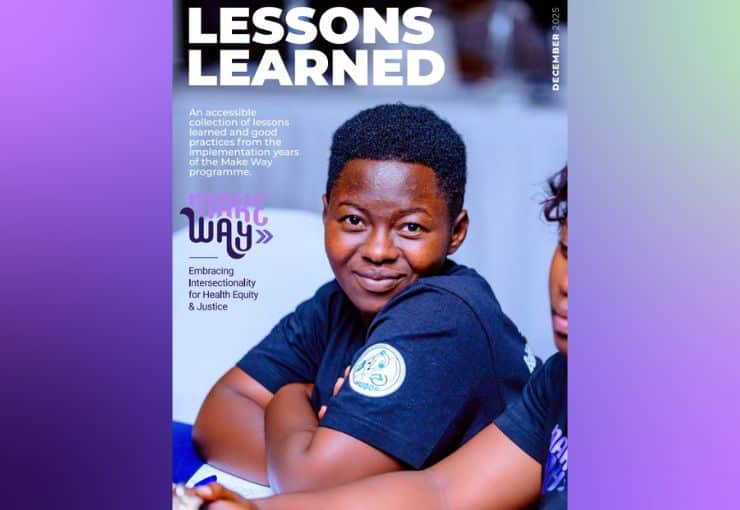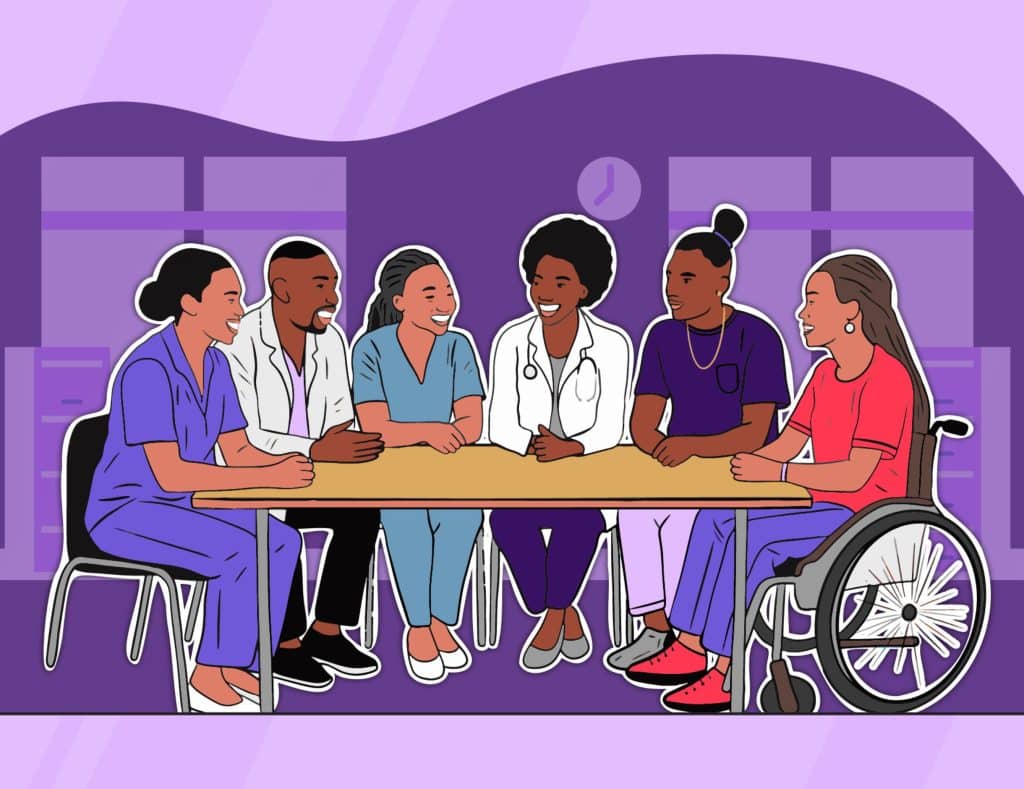
New: Make Way booklet of lessons learned
This booklet features a collection of insights and best practices from the implementation years of the Make Way programme (2020-2025). Read more
We have launched the second and final part of our #SeeMe campaign under the Make Way programme. This part of the campaign shines a light on the impact of the programme in the countries where it has been implemented (Ethiopia, Kenya, Rwanda, Uganda and Zambia), as well as on the regional and global level. It features six impact stories with interviews with youth, religious leaders and civil society on how Make Way has increased the understanding of the importance of an intersectional approach to ensure sexual and reproductive health and rights (SRHR) for all, and the vital role that youth can play in this.
Everyone needs access to healthcare, including SRHR. Yet, many people are left behind because of, for instance, their gender, sexuality, financial situation and social status. In our #SeeMe campaign, we share the stories of trailblazers who are paving the way in SRHR by using an intersectional approach. So that those who are often excluded when it comes to policies, services and information can finally be seen (#SeeMe).
Intersectionality helps us understand how systemic barriers and different aspects of a person’s identity, such as gender, race, and class, overlap and interact with each other, creating discrimination or privilege. These insights can help ensure that policies, services and more are adaptive and aligned sufficiently with people’s health needs and lived realities. Take a look at our infographic and video for more information.

For the second and final part of the #SeeMe campaign, we talked with youth, religious leaders and civil society about how Make Way has increased their understanding of intersectionality, and what Make Way’s impact has been in the programme’s implementation countries, as well as on the regional and global level. Over the course of six weeks, you will find the six impact stories on the Make Way website (of which we have shared the first three), as well as new Make Way for Youth podcast episodes. Keep an eye out and join us in the call for an intersectional approach to realize SRHR for everyone!
Receive our newsletter